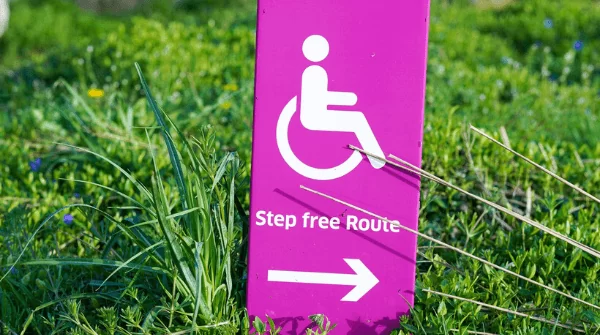
A recent Employee Appeal Tribunal (EAT) has resulted in the debatable dismissal of a disabled employee. The claimant (a trade associations finance coordinator for the construction industry) was dismissed due to “poor attendance and timekeeping” and the inability to be depended on whilst in her 14-month spell in that roll.
The claimant filed a claim of disability discrimination under the ’15 Equality Act 2010’. The Employment Tribunal (ET) findings stated although the respondent did not have actual knowledge of the disability, they should have had some constructive knowledge of the claimant’s disability.
Constructive knowledge is known as a person or professional body is deemed to have the facts needed to discover the actual knowledge If they had made the usual and proper inquiries.
Although the information the respondent knew was limited to understand that the claimant suffered from stress, as a result of personnel and family issues. The ET informed the respondent should have made follow up enquiries into the known constructive knowledge of the claimants stress issues.
The respondent appealed against the ET’s case of constructive knowledge being known by arguing;
The EAT responded to the ET findings by stating the ET had not applied the correct tests. The error was found that the ET had only asked what the Respondent should have said and did not consider what the Respondent ought to have known. This shows that even if the Respondent could have been expected to do more, the Tribunal had already found the Claimant would have continued to suppress important information about their mental health because the Claimant disclosed and hid this information about their mental health issues. The employer could have not have realistically been able to know about these issues to provide the help and support needed.
This is an extreme case of disability concealment, with an outcome which all employees and employers would rather mutually avoid.
If you would like further information on how you can make employees suffering from disabilities feel welcomed and safe in your workplace, feel free to contact the HPC offices today!